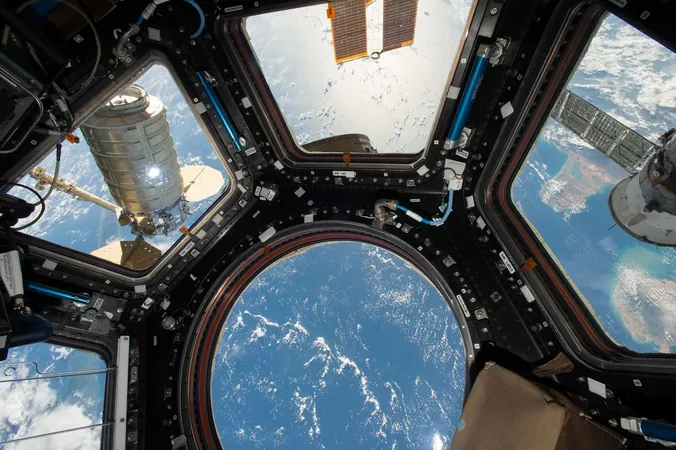
Why the International Space Station's Sterile Environment Could Be Harming Our Astronauts—and What It Means for Us!
2025-04-07
Author: Michael
Introduction
The International Space Station (ISS), often touted as one of the cleanest environments beyond our planet, is unexpectedly proving to be a source of health issues for astronauts. Recent studies have linked this ultra-hygienic setting to various ailments—including rashes, allergies, and infections—which has led scientists to propose that the ISS might actually be too clean for comfort. Some researchers argue that it might be time to purposely introduce a little "dirt" back into this sterile habitat.
The Paradox of Cleanliness
At first glance, this sounds counterintuitive in a society that heavily promotes cleanliness. We're constantly reminded to keep our surroundings germ-free, yet the findings from the ISS have sparked important discussions about the potential downsides of extreme sterility.
Microbial Exposure on the ISS
Astronauts aboard the ISS are exposed to a limited array of microorganisms, primarily those they bring with them, since the environment is hermetically sealed away from the rich microbial life found on Earth—like those present in soil, water, and plants. A significant portion of what is found on the ISS surfaces even comes from chemical cleaning agents, hinting at the extent of sterilization carried out in such a confined space.
Impact on Astronaut Health
This "microbial bubble" might be hindering astronauts’ immune responses. Scientists believe the lack of exposure to diverse microorganisms has left these space travelers vulnerable to immune system problems, including fungal infections and unexplained skin conditions.
Broader Implications for Life on Earth
The implications of this research extend beyond the walls of the ISS and into our daily lives on Earth. Our modern sanitation practices are undeniably effective, but the over-emphasis on cleanliness may be robbing us of the microbial interactions our bodies need. The backbone of our immune system hinges on these interactions, as it learns to differentiate between harmful and harmless microbes from a very young age.
The Hygiene Paradox
Evidence supports that children who grow up with pets or in rural environments—where they have more exposure to dirt and diverse microbes—are less likely to face issues like asthma and allergies compared to those raised in sterile urban settings. This suggests that a "too clean" environment might contribute to a rise in allergic conditions and autoimmune diseases.
Finding the Balance
So, what’s the answer? It's not about throwing cleanliness out the window. Responsible hygiene practices—such as handwashing and food safety—remain crucial for public health. However, it's essential to draw a line between necessary cleanliness and excessive sterilization. The concept of "targeted hygiene" is gaining traction, promoting cleanliness where it's most needed while allowing a bit of messiness in safer contexts.
Innovations in Hygiene
Innovative thinkers are now investigating the introduction of beneficial microbes into our homes and workplaces to enrich the microbial landscape. New cleaning products designed to eliminate harmful bacteria while introducing helpful strains are hitting the market, promising to restore the natural balance of our internal and environmental microbiomes.
Implications for Future Space Missions
As for the astronauts, the ISS study's findings could prompt a re-evaluation of stringent cleaning protocols in space. There are proposals for incorporating beneficial microbial communities or even creating microbial "gardens" on future missions to foster a more balanced microbial exposure.
Conclusion
Ultimately, the lesson from the ISS is crystal clear: achieving a balance in our relationship with microbes is crucial for our health. While a filthy environment can spread disease, an overly sanitized world may leave us at risk in different ways. The future may lie not in eliminating microbes entirely, but in forging a harmonious coexistence with the right ones. It's high time we open our arms to a little bit of good, clean "dirt"—whether in space or right here on Earth!

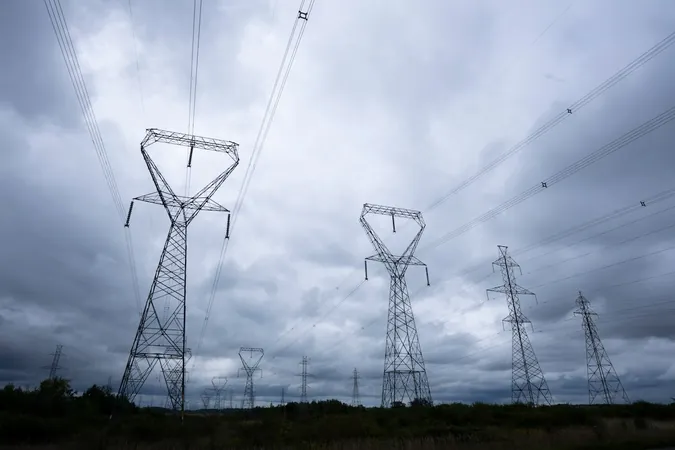

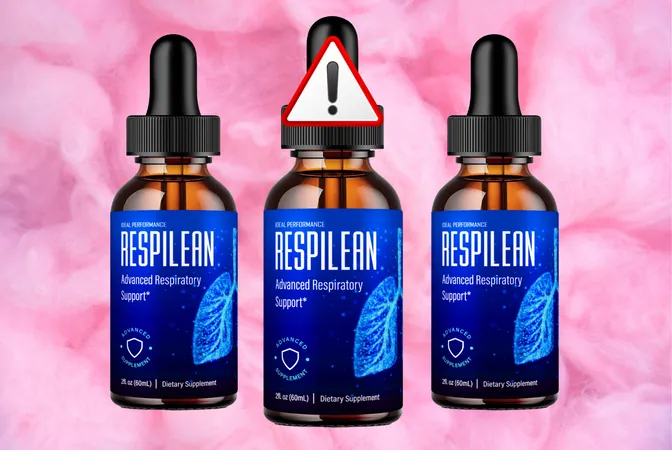
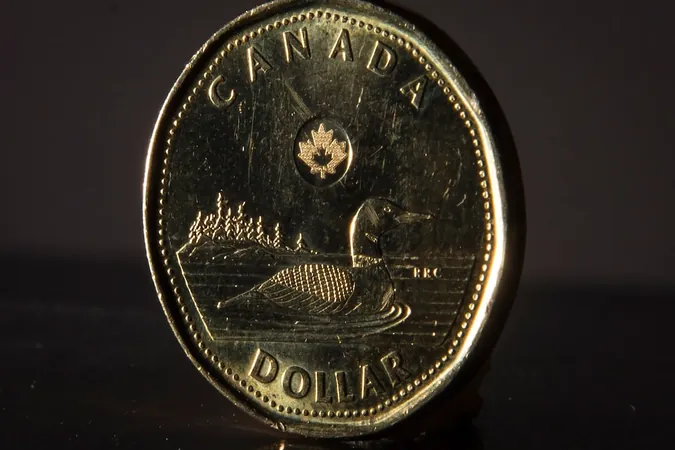

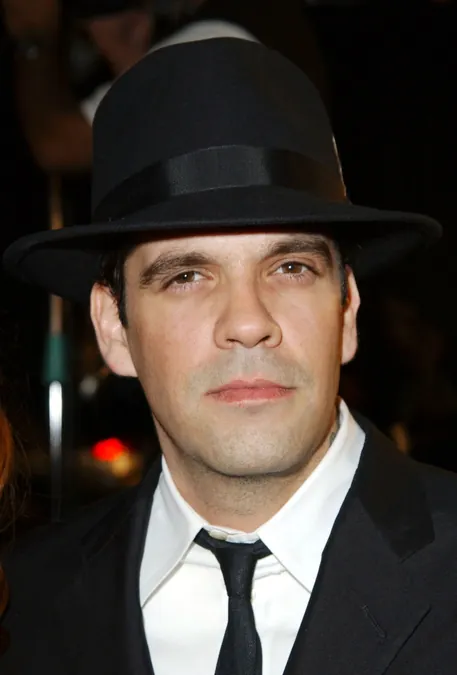


 Brasil (PT)
Brasil (PT)
 Canada (EN)
Canada (EN)
 Chile (ES)
Chile (ES)
 Česko (CS)
Česko (CS)
 대한민국 (KO)
대한민국 (KO)
 España (ES)
España (ES)
 France (FR)
France (FR)
 Hong Kong (EN)
Hong Kong (EN)
 Italia (IT)
Italia (IT)
 日本 (JA)
日本 (JA)
 Magyarország (HU)
Magyarország (HU)
 Norge (NO)
Norge (NO)
 Polska (PL)
Polska (PL)
 Schweiz (DE)
Schweiz (DE)
 Singapore (EN)
Singapore (EN)
 Sverige (SV)
Sverige (SV)
 Suomi (FI)
Suomi (FI)
 Türkiye (TR)
Türkiye (TR)
 الإمارات العربية المتحدة (AR)
الإمارات العربية المتحدة (AR)